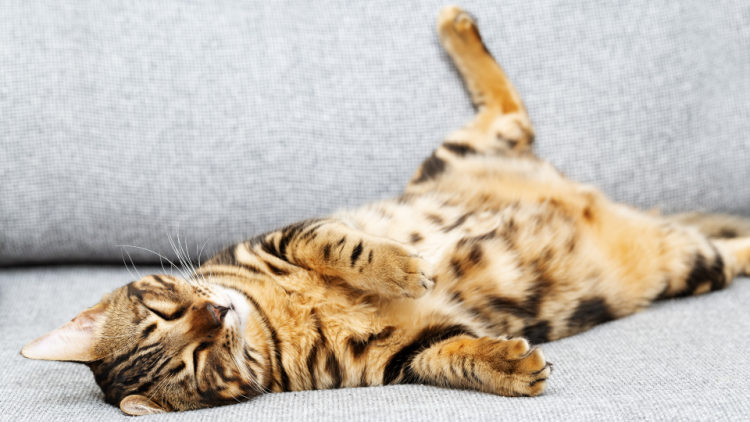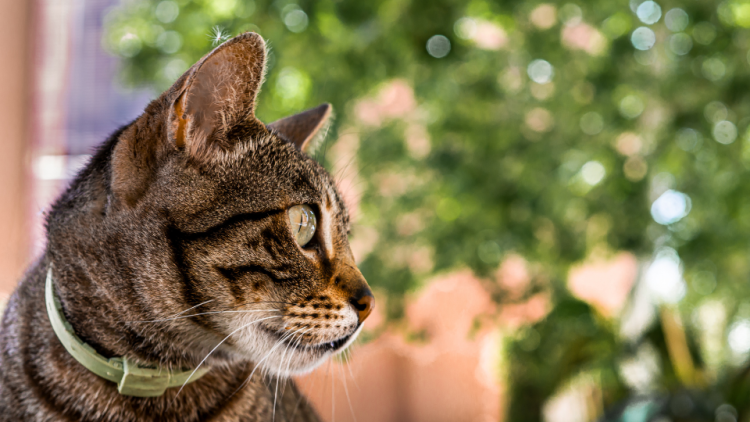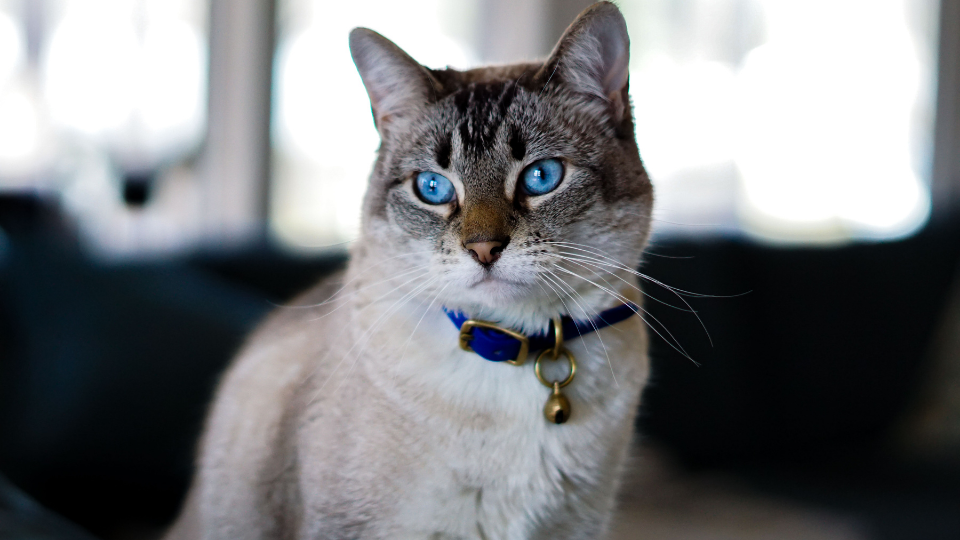Does your cat often experience digestive issues? The Ancient Greek physician Hippocrates once said, “All disease begins in the gut”, and probiotics can be helpful in promoting the gut’s optimal health.
Keep reading to understand how probiotics work, the benefits of giving probiotics to your cat, how to determine the right dosage, and more.
Table of Contents:
- What are probiotics for cats?
- Benefits of probiotics for cats
- Best probiotics for cats
- When to give your cat probiotics?
- How to give probiotics to your cat
- Are human probiotics safe for cats?
- Should you give probiotics to kittens?
- Key Takeaways
Pro Tip: Having pet insurance allows you to choose the best treatment option for your cat without having to worry about your bank account. Cat health insurance offers an easy way to manage pet care costs and can reimburse up to 100% for covered vet expenses.
What are probiotics for cats?
Cat probiotics are supplements containing live microorganisms that can improve digestive health by restoring balance in the gut.
The gut contains billions of bacteria known as a microbiome which facilitates digestion in both cats and humans. It’s uniquely composed of many different species that must remain in balance for the host’s metabolic functions to perform optimally. In a healthy gut, beneficial bacteria inhibit the growth of harmful bacteria to create a symbiotic relationship. However, when an imbalance occurs (known as dysbiosis), the spike in bad bacteria can lead to intestinal disorders, as well as a number of health issues outside of the digestive system.
Probiotics for cats offer a way to improve or maintain the “good” bacteria in the gut to achieve various health benefits. The supplements are available in several forms — including powders, chews, pastes, and oral gels — that can be mixed in your cat’s food or given as treats.
Benefits of probiotics for cats
Some of the positive effects of probiotics for cats include:
Improved digestion
Probiotics improve digestion by helping to break down food and absorb nutrients. They can also help settle stomach upset, positively affects bowel health, and improve stool consistency. This means that probiotics can help stop diarrhea and restore the balance in the gut after your cat has been on a course of antibiotics.
Pro Tip: For many gastrointestinal diseases, therapeutic or prescription diets might be needed to help control the symptoms, so make sure to get a pet insurance plan that will cover the costs of these diets. GI surgery can also cost thousands of dollars, so pet insurance can definitely come in handy.

Strengthened immune system
Our feline companions need probiotics to help them strengthen their immune health. The immune and digestive systems are closely linked, and when there’s disbalance in the gastrointestinal tract, your cat’s immunity might suffer. Ailments that can cause upset in the digestive system include infections, health conditions like IBD, or a cat simply swallowing something they aren’t supposed to.
Weight management
While probiotics won’t reduce your cat’s weight by themselves, they can give great results if used in combination with a balanced diet and regular physical activity. Probiotics can also increase your pet’s energy levels, encouraging them to be more active and helping them burn off some calories.

Best probiotics for cats
Probiotics are typically lactic acid bacteria, including strains like Bifidobacterium, Enterococcus, Lactobacillus spp, and Streptococcus.
The best types of probiotics for cats are Enterococcus and Bifidobacterium. Enterococcus generally lives in the colon, whereas Bifidobacterium is found in the small intestine. In addition, Enterococcus is associated with aiding with the formation of normal feces and helping to maintain colonic health, whereas Bifidobacterium is responsible for better digestion.
When choosing a probiotic supplement for your feline friend, it's wise to opt for one that has several bacterial strains (at least two but ideally five), so that their different benefits can complement each other. In addition, opt for the highest CFU per dose you can find.
Be sure to choose the right probiotic for the specific issue you’re trying to solve. Some probiotics are given for digestive distress, some are anti-inflammatory, while others support the immune system.
When to give your cat probiotics?
Cats can take probiotics on a daily basis to promote gastrointestinal health. However, there are a few situations that can disrupt the healthy bacteria in your cat’s gut:
- Stress (from travel, grooming, introducing a new family member)
- Age (kittens and geriatric cats are more susceptible to GI imbalances)
- Antibiotics
- Dietary changes
- Eating grass
- Deworming
In these situations, or if you notice a change in your cat’s feces, probiotics can help restore the balance in your furry friend’s microbiome and aid with normal digestion and absorption of nutrients.
How to give probiotics to cats
While some vets only prescribe probiotics when a cat has a specific problem, such as diarrhea, experts say that probiotic supplements can be given on a daily basis in order to ensure optimal digestive benefits.
These supplements are especially beneficial if your kitty has been on antibiotics. Antibiotics are known to cause disbalance in the gut flora, so giving them simultaneously with probiotics will help restore that balance. In fact, the probiotics are often extended for a few weeks after finishing the antibiotic treatment, because it takes quite a long time for the friendly bacteria to grow and overcrowd the bad bacteria.
When it comes to determining the right dosage for your pet, it’s always best to follow the instructions on the probiotic’s package or consult your vet.
Many cats will refuse to swallow a capsule, so you should consider hiding it inside of a treat. Alternatively, you can choose a powdery probiotic product that can be sprinkled on your pet’s food or premium dry food that has guaranteed levels of probiotics.
Are human probiotics safe for cats?
A cat’s digestive system is very different from the human digestive system. So, while most veterinarians will agree that giving your feline friend human probiotics will probably not cause any harm, it’s also unlikely to do any good, which is why it’s best to opt for probiotics that are specifically designed for felines.
Should you give probiotics to kittens?
Kittens frequently have digestive issues, including diarrhea. This can be caused by various factors including infection, dietary change, or stress. Probiotics can help prevent or reduce the severity of diarrhea and they’re especially beneficial for kittens who are being bottle-fed. Because these kittens don’t receive healthy bacteria from their mom’s milk, giving a probiotic supplement can help support the growth of good gut bacteria.
Key Takeaways
- Probiotics are beneficial bacteria for the gut, and when dosed adequately, they can help maintain your cat’s digestive health.
- Probiotics can help stop diarrhea and loose stools, restore balance in the gut, improve digestion, and boost immunity.
- The strains of probiotics that cats tend to do best with are Enterococcus and Bifidobacterium.
- Cats can take probiotics on a daily basis. Follow the recommendations on the package to determine the right dosage and be sure to consult your vet before using any probiotics or other supplements on your feline friend.
